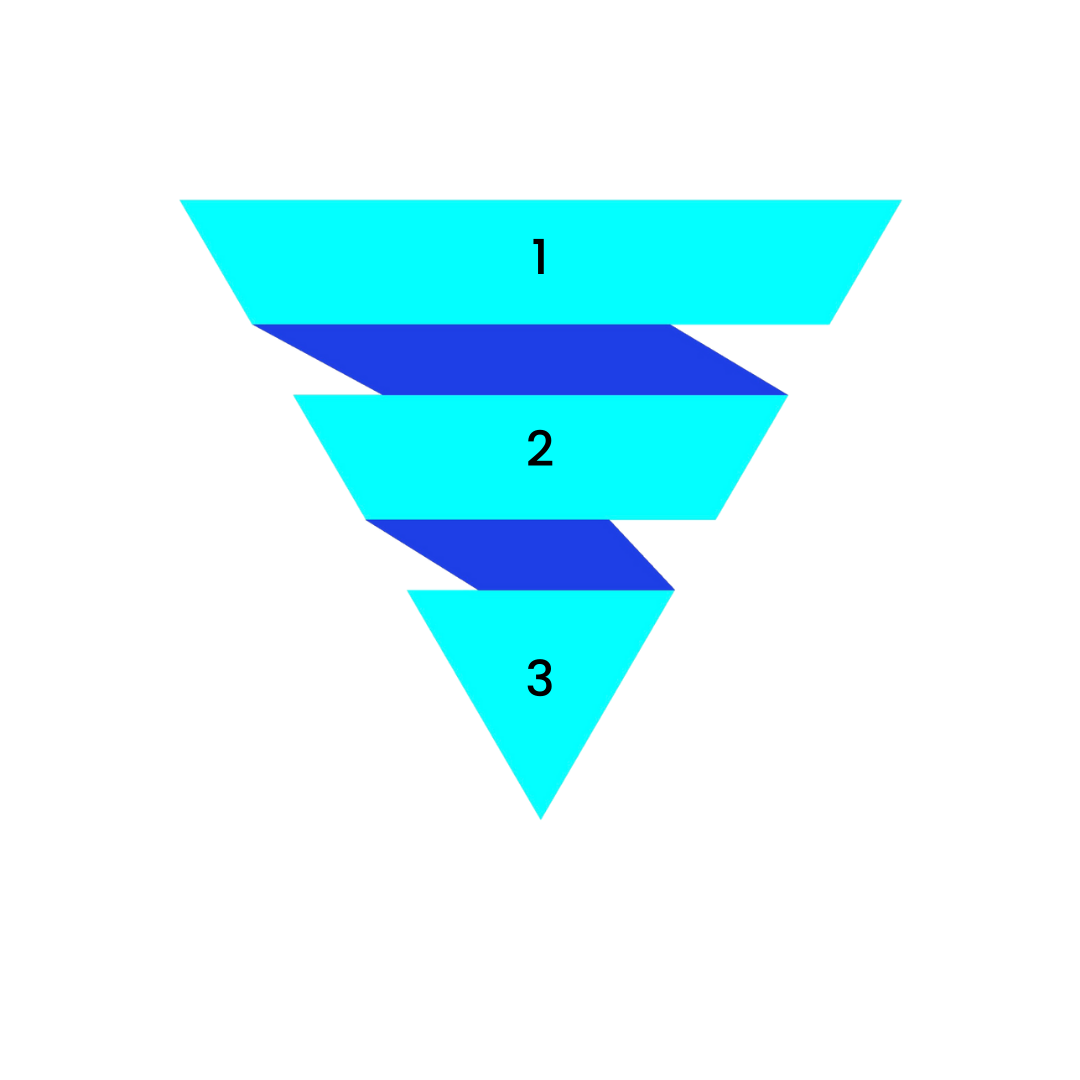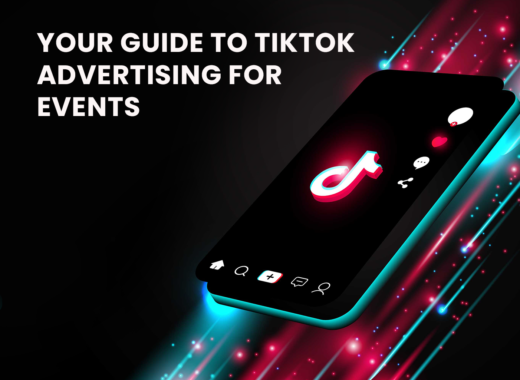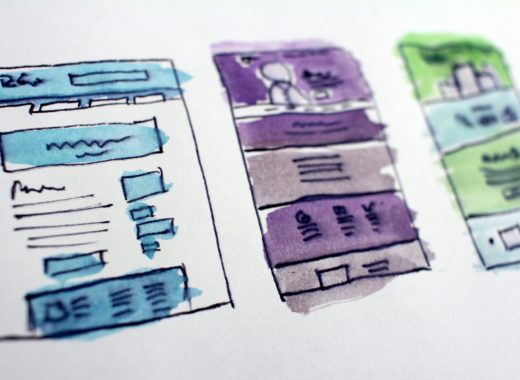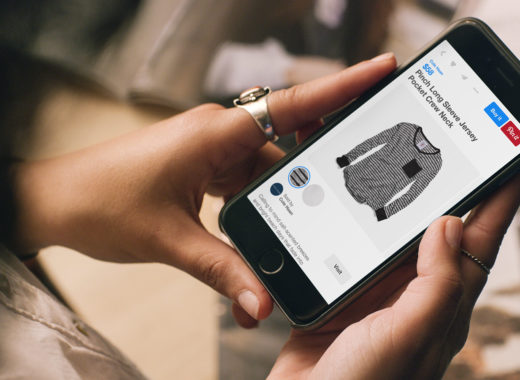Understanding the marketing funnel to increase your event attendance

There are various marketing and sales funnels you might be familiar with, all of which differ in complexity and length. Put simply, a marketing funnel is the process which a cold audience is taken through, by a brand, to become a customer.
When it comes to creating a digital marketing strategy for events, the marketing funnel should always be front of mind. It is vital that you understand where your target audience sits and how best to reach them in order to promote your event and increase ticket sales.
The marketing funnel consists of 3 phases:

1. Awareness
The awareness phase is at the top of the funnel. The users here are completely unaware of your event or your brand and are considered a cold audience. The content used in the awareness phase should be informational with a soft CTA – this is likely the first time these users have encountered your brand so you shouldn’t be trying to sell to them yet.
For awareness phases, you need to look at the lowest CPM (cost per 1000 impressions). You want to generate the most relevant traffic for the lowest cost. Some key platforms to consider here include Google Display, Twitter, Spotify and LinkedIn.
Activity within the awareness phase is really important to generate recognition of your event and to nurture an audience through to the next phase of the funnel. The more time you have to raise awareness of your event, the better. Remember, although you want to reach as many users as possible at this point, you need to ensure that you are targeting an audience that has the potential to buy.
2. Consideration
The consideration phase is all about education and engagement. At this point, users are familiar with your event and potentially interested, but will need to find out more in order to convert. This phase of the funnel includes users that have attended or enquired about your past events, making them a warm audience. Here you can feed users a lot more information about the benefits of attending your event and even instilling a sense of FOMO should they not attend. Messaging can be more direct here than in the awareness phase.
The platforms we would suggest introducing to your event advertising strategy during the consideration phase would be Facebook, Instagram and Google Search.
3. Conversion
The final phase of the marketing funnel is conversion, in which the user makes the decision to purchase a ticket, subscribe to your newsletter, etc. You will need a compelling message here so testing and optimising will be key. At this point, users are well aware of your brand and this specific event, so you can use more direct and sales-led messaging.
The most suitable platforms for this final phase include Google Search and LinkedIn. Although LinkedIn has a comparatively higher cost per click (CPC) than the other channels, the conversion rates are also high, making it well worth it.
Things to consider:
- Timeframe
The timeframe of the funnel will differ between brands and events, but the key is ensuring you leave enough time to fully nurture your audience through the stages. If you are short on time then you should focus your strategy around a warmer audience that you can move through the funnel more quickly. This could include previous event attendees, enquiries, info pack downloads, etc.
- Data
The more data you have available to you, the better. As mentioned above, targeting a warmer audience means you can focus more on the latter stages of the funnel and get those quicker conversions. But having lots of data also means you can create strong lookalike audiences, consisting of users who are similar to your existing customers looking at age, demographic, gender, search habits, behaviours, interests etc. Creating a lookalike audience means you can reach new people who are likely to be interested in your event because they are similar to your existing or previous delegates.
- Retargeting
You should always ensure that your campaigns retarget those that have engaged in the previous phases of the funnel. By strategically placing your ads in front of users that have engaged with your content in the past, you are building awareness and reminding the user to convert.
A digital marketing strategy that is developed around the marketing funnel will mean that you take your audience on a journey, from finding out about your brand and event, through to purchasing a ticket. This method will keep your target audience engaged and reduce wasted ad spend by targeting relevant people with the right messaging, at the right time.
If you want to find out more about how to get bums on seats, you can download our guide to selling out your next large scale event here. Alternatively, if you want to discuss how MCM can reach your ideal customers online, get in touch on 01732 368120 or send us a message here.


